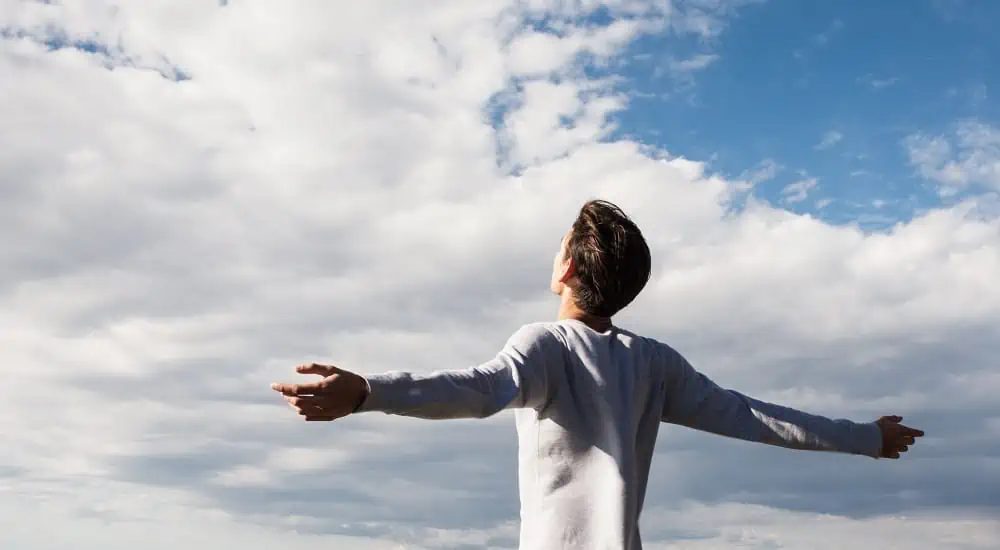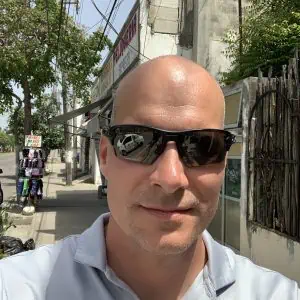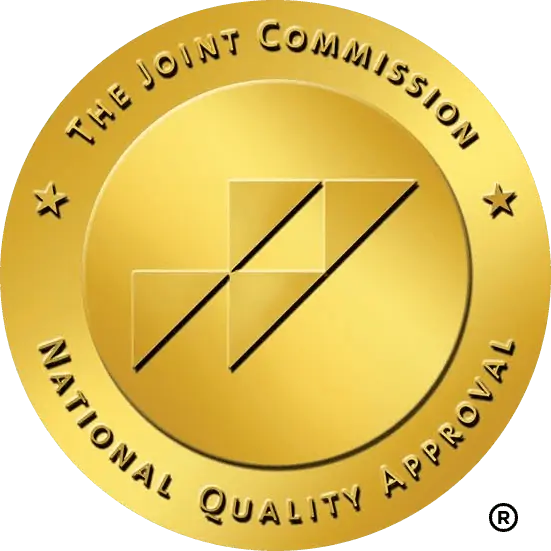The 5 Stages of Healing
The way we heal and recover is just like how we grieve—in stages. It helps to understand the stages of healing to understand what you, your teen, or another loved family member may be dealing with at the moment. As with grief, healing is rarely linear, and it all takes time.
The stages of grief—denial, anger, bargaining, depression, and acceptance—are the same for healing, as well as for recovery. Healing and recovery are often used interchangeably, and for the sake of clarity, we’ll stick to the word “healing” here.
Remember that there’s also grief within healing. We are letting go of something we had, did, loved, or believed in, and we’re experiencing the loss as part of the healing process. We can take a deeper look at the stages of healing as it relates to what you or your troubled teen may expect.
Stage One: Denial
If you’re looking at healing through crisis and addiction, understand this stage of denial by remembering you are sensing a loss that you don’t want to experience. Denial is a normal human behavior used as a defense mechanism to buffer these painful emotions. Here are things you or your teen may be in denial about:
- How you or your teen minimized the problem (such as addiction or other risky behaviors)
- How you or your teen accuse others of blowing things out of proportion about the problem
- How you or your teen rationalize the problem by saying a little drinking or drugs ease stress
With time, denial will cease, and the rays of reality start to peak through the clouds. You or your teen start to realize how much has been lost in life—family, friends, jobs, money, respect, and health—due to these behaviors. That’s when the second stage begins.
Stage Two: Anger
Here, you or your teen will be angry with the world and constantly asking “why me?” Your teen, for example, may feel anger when he or she realizes how many relationships and positive opportunities were destroyed because of addiction and risky behaviors. You’ll recognize the anger stage if you hear yourself or your teen expressing these questions and regrets:
- Why am I so unlucky?
- Why did this happen to me?
- Why did I let this happen to me?
- If only I did or did not do (fill in the blank).
- If there were a God, this wouldn’t have happened to me.
Stage Three: Bargaining
You or your teen will begin to bargain with God, a higher power, or anyone else to make this pain stop. You will hear things such as:
- I will stop drinking if you let me smoke cigarettes.
- I won’t harm myself if you let me see a counselor once a week.
- I won’t run away again if you let me see my boyfriend/girlfriend.
Bargaining occurs because the person experiencing grief feels vulnerable and helpless, and bargaining is the only way to try to control a situation. In grief and healing, you’ll hear examples of bargaining that begin with “what if” or “if only I did…” as a way to try to rationalize what happened.
For example, you may think, “If only I saw the signs, my child would not be troubled or addicted.” Your teen may think during this stage, “If only I didn’t date losers, I wouldn’t have tried so many drugs.”
Stage Four: Depression
This stage is known as the quiet stage of grief and healing. You or your teen may feel exhausted from the other stages, and now the consequences have sunk into the psyche. Often times during a depression stage, you or your teen will not know how to go forward in life. You’ll know you or your teen is depressed when you experience:
- Feelings of overwhelm
- Foggy, confused brain
- A heaviness inside your body
Stage Five: Acceptance
This stage may not be quite as joyous as you expect. Acceptance means you or your teen has accepted the loss, the severe consequences, and the fact that there is nothing else to do but move forward. You’ll know the acceptance stage is in full bloom when you hear things such as:
- A recovery program is the healthiest place for me to be right now.
- I have the chance to make things right with the people I hurt.
- I will try to find new opportunities to replace the ones I destroyed when I was addicted.
Passing through these five stages is never easy. It’s a long process, but if you would like the help of a community that fully understands what you and your family are going through. Turning Winds offers treatment services, therapies, and academic programs, all designed to support you and your teen through the stages of healing. Together, we can make a difference!
Contact our admissions team today to learn more about how we can support your family on your child’s healing journey.









